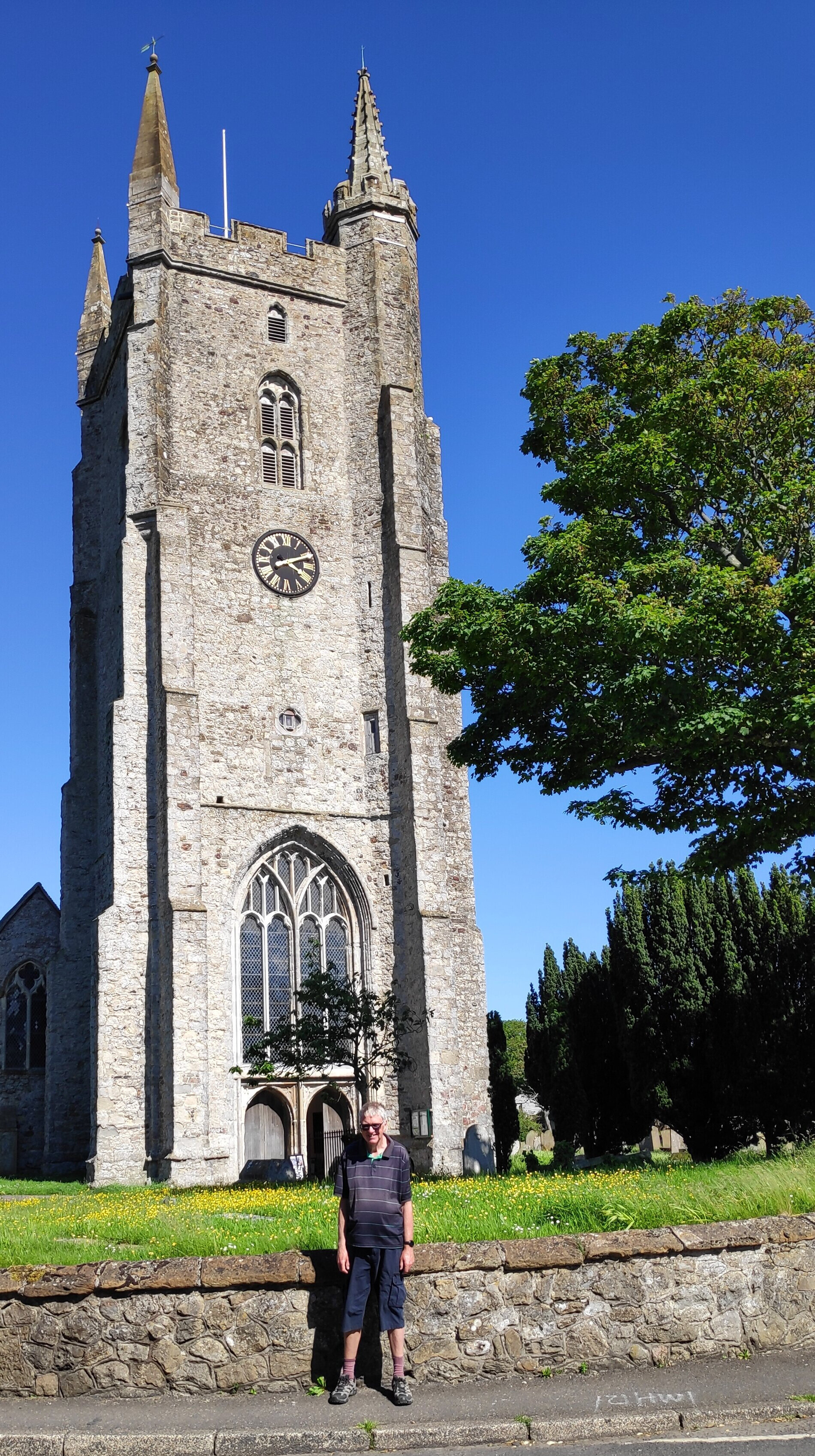[Review] Seven Ethics Against Capitalism by Oli Mould
Review: Short Read (4 minutes)
Paperback: 156 pages
Mould’s central thesis is that humanity has the potential to progress to a post-capitalist society or ‘planetary commons’ by committing to act in accordance with seven ethics: mutualism, transmaterialism, minoritarianism, decodification, slowness, failure and love.
The book is structured around these ethics with each being given a separate chapter.
Although the book is relatively short and could be read at one sitting, I would suggest maybe a slower pace given the seriousness of the subject matter and the range of ideas discussed (e.g. one chapter per day). Indeed, ‘slowness’ (see below) is a quality much praised by the author!
The planetary commons is defined by Mould as ‘…the coming together of all peoples and resources in the world into a planetary (not global, or international) mode of socio-economic organisation that recognises our material, cultural and psychological intimacy with the planet we inhabit and the human, nonhuman and intangible resources it offers.’
The coronavirus pandemic has brought into sharp relief the failings of capitalism and couldprove to be the catalyst that leads us to move beyond the present system and avert the existential threat posed by climate change.
Mould does not claim to offer a blueprint for change but rather a signpost indicating a possible way forward. Love and, in particular, ‘Agape’ or the reciprocal love between God and humanity is identified as the most important of the seven ethics and is ‘marbled’ through all the others. As a Christian, I found his viewpoint refreshing and inspirational.
Radical love is unconditional and selfless and can be seen most clearly in the teachings of Jesus. In more recent times, Mould refers to the examples of Jacques Ellul, a Christian Anarchist, and Martin Luther King as individuals who were prepared to place themselves at great personal risk, with the latter, of course, tragically losing his life. The author sees the Christian Gospel as being antithetical to organised religion and is rightly critical of certain factions within institutionalised Christianity. The argument for ‘Christianarchism’ is well made and persuasive but may be one of the more challenging aspects of the book.
I found the inclusion of slowness and failure as ethics we should commit to as initially surprising. Here again, however, Mould is persuasive in arguing that if we are to move beyond a consumerist economy then these ethics can be viewed positively and are actually vital in bringing about transformational change.
In his concluding chapter, Mould engages in some ‘crystal ball gazing’ with a New Year Message for 2030 (sic) which reflects on what may happen over the next decade. I found this section very effective as it demonstrates that the seven ethics are grounded in reality and that the planetary commons is not a utopian dream. The subject matter of the book is, of course, of profound importance but it was welcome to round it off with a light-hearted yet still inspiring message. The author makes many forecasts or indeed guesses about future events but one that stood out for me was the suggestion that Jeff Bezos and Elon Musk may decide to go into cryostasis to await ‘the day when the ‘socialist dystopia’ of the contemporary world comes to an end’!
The next few years are likely to prove crucial to the future of the world if climate catastrophe is to be avoided. This book is timely in setting out a positive vision of a planetary commons and in signposting a possible ethical pathway to a post-capitalist world. Mould’s work is a very readable and thought-provoking contribution to what is surely the most important debate of the modern era.
Publisher Website: https://politybooks.com/bookdetail/?isbn=9781509545957
Words by John Enright - Pictured here outside All Saints Church in Lydd.
If you’d prefer to buy your book online, rather than visit a physical bookstore, please use uk.bookshop.org where your purchase will support local and independent booksellers. You can even choose which physical bookstore your purchase supports.


